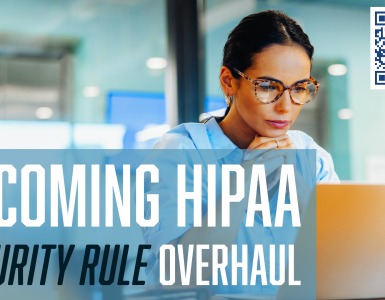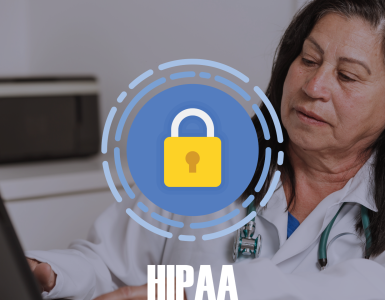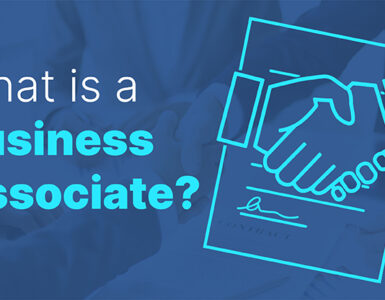- Unique user identification.
- Emergency access procedure.
- Automatic logoff.
- Encryption and Decryption system that creates tamper proof communication channel between the sender and authenticated receiver.
- Ability to authenticate electronic health information and maintain integrity of the information.
- The network should maintain its integrity through continuous monitoring and shut out any unauthorized access from any rogue entry point.
- Clients associating with rogue entry points should be shut off from the network, unless they approach from the authorized access point.
- Any change in the configuration of the access points, which points to unauthorized access should be immediately brought to the notice of the IT manager through proper communication channel.
- Able to maintain a audit log of the time, nature and resolution of the intrusion and steps taken to avert it.
The rapid growth of communication technology and the need for connectivity during mobility has resulted in inclusion of Wireless Local Area networks in the modern communication network. WLAN provides the freedom to access, exchange, store and process the information from any point in the network.
Because of Wireless LAN, increasing number of doctors, nurses, paramedics and caregivers can process the patient data conveniently in large settings of the healthcare setting. The increased mobility, which it provides makes it easy for the medical personnel to exchange information while on move. This saves time, increases productivity and raises the quality of patient care.
But with this benefit of WLAN, comes an underlying security threat which can seriously compromise the ability of the health care facility to follow the HIPAA compliance laws pertaining to electronic exchange of confidential patient health information. The wired network, as it requires physical access, is safer compared to the wireless network. The open network architecture feature of the WLAN makes it easy for any unauthorized person to get behind the firewall and access the network. This poses a serious threat to the safety of the confidential patient health information, which is stored, exchanged or processed by the network.
To achieve HIPAA compliance the WLAN should have security features that are mentioned below:
In the end the WLAN in any healthcare setting should be securely configured in manner so that it becomes safe for the organization to store and exchange the confidential patient health information in line with HIPAA compliance laws.
HIPAA compliance helps to secure the WLAN network for safe exchange of patient health information.
Read more on HIPAA compliance at www.empowerbpo.com




